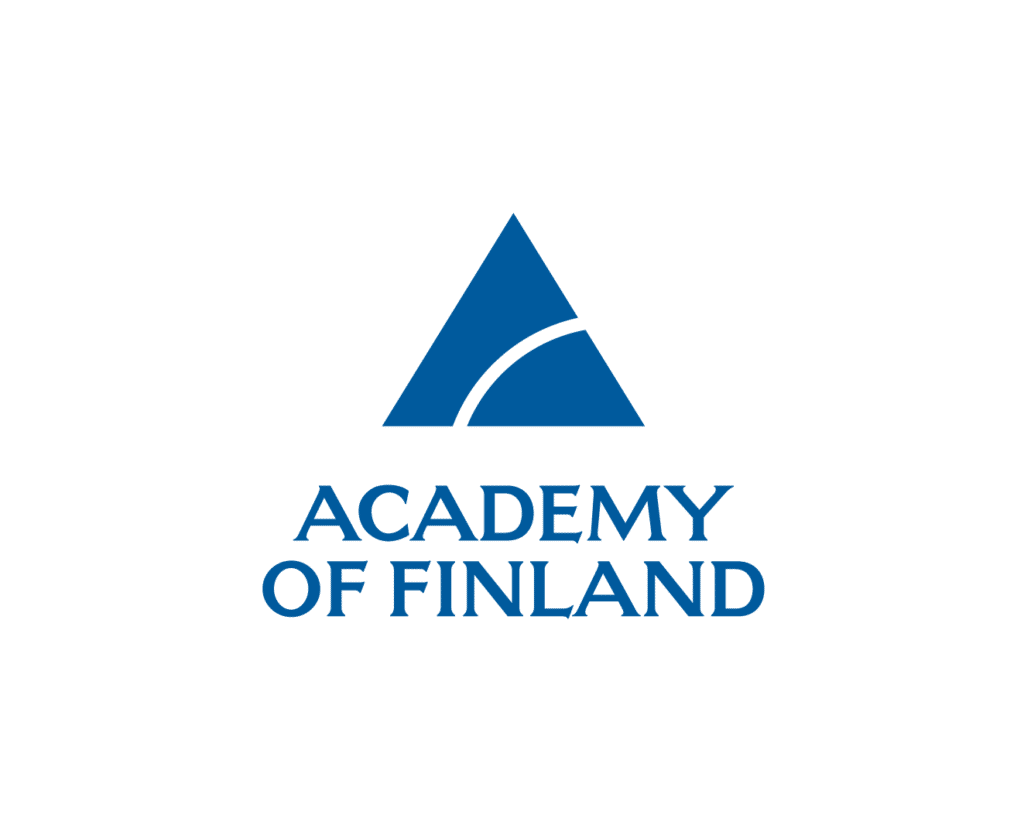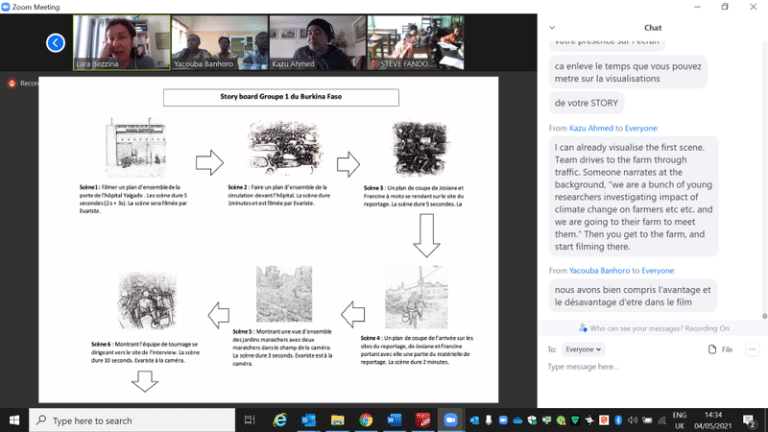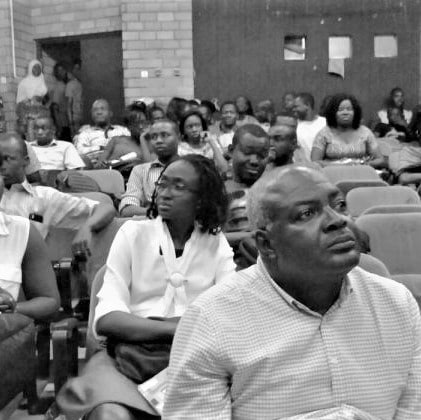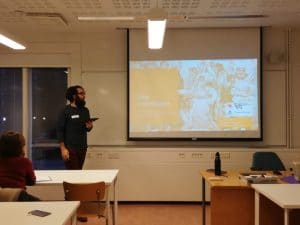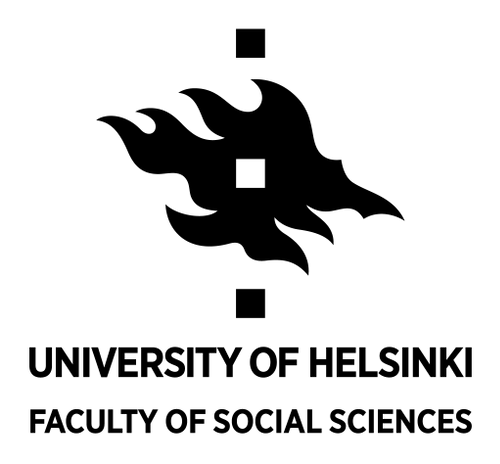Andrea Butcher is an anthropologist with expertise in the social study of antimicrobial resistance, a result of an ongoing interest in examining the diversity of socionatural configurations. Her doctoral research at the University of Aberdeen traversed interesting materialities routes, investigating the role played by ritual ceremony, geomancy and local deities in the Himalayas when framing questions of politics, environment, development and health. She then spent five years as a teaching fellow and postdoctoral researcher at the University of Exeter in the UK, where she began to apply the philosophies of Science and Technology Studies to further explain moral cosmologies of health and the environment in Himalayan development encounters.
It was through alliances at the University of Exeter that Andrea became interested in the social study of microbes. She acted as postdoctoral researcher for an international multidisciplinary collaboration examining the socioeconomic drivers of antimicrobial use in Bangladesh’s aquaculture industry. As the role environments – particularly aquatic environments – play in the emergence and distribution of AMR is increasingly understood, she became interested in understanding how socioeconomic change and development (increasing urbanisation, the intensification of food production, changes to healthcare delivery, expansion of urban water systems) stimulate environmental perturbations that facilitate the evolution and acceleration of AMR, and which open new pathways for transmission between humans, non-human animals and the environment. In 2018, She joined University of Helsinki’s sociology department as postdoctoral researcher for the Occurance, Sources and Prevention of Antimicrobial Resistance in West Africa (AMRIWA) interdisciplinary consortium, a project that has given her the opportunity to pursue these interests by examining AMR in the social context of development in West Africa. AMRIWA’s objective is to generate sociological and microbiological data on the pathways, hotspots and drivers of AMR in order to better understand and manage the AMR challenge. The consortium applies the One Health approach that recognises how humans, animals, food, soils and wastewaters share antibiotic resistant genes.

